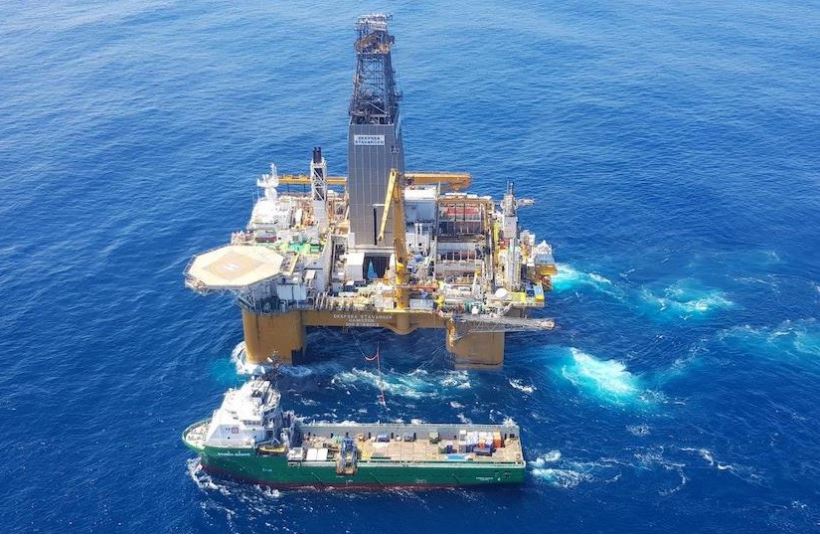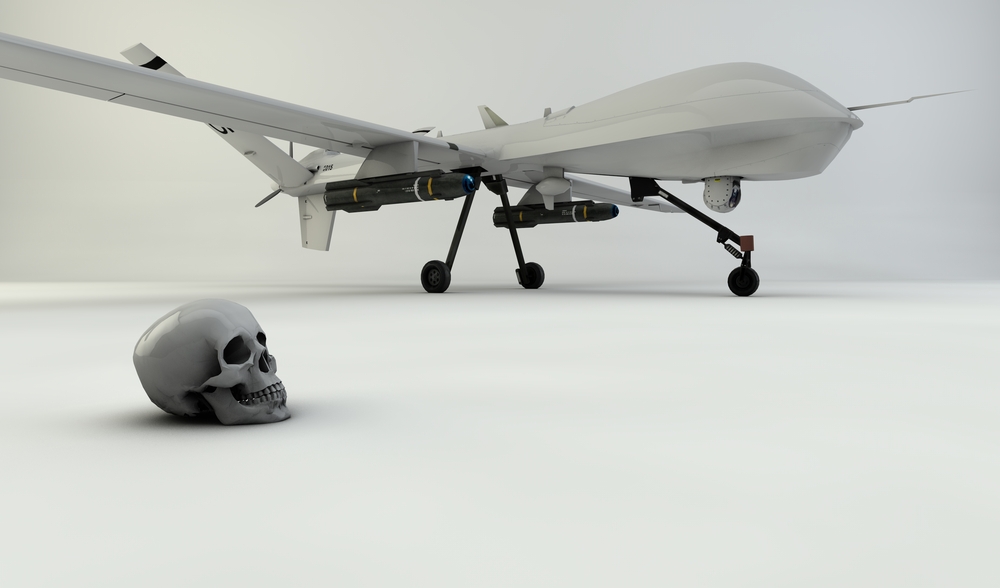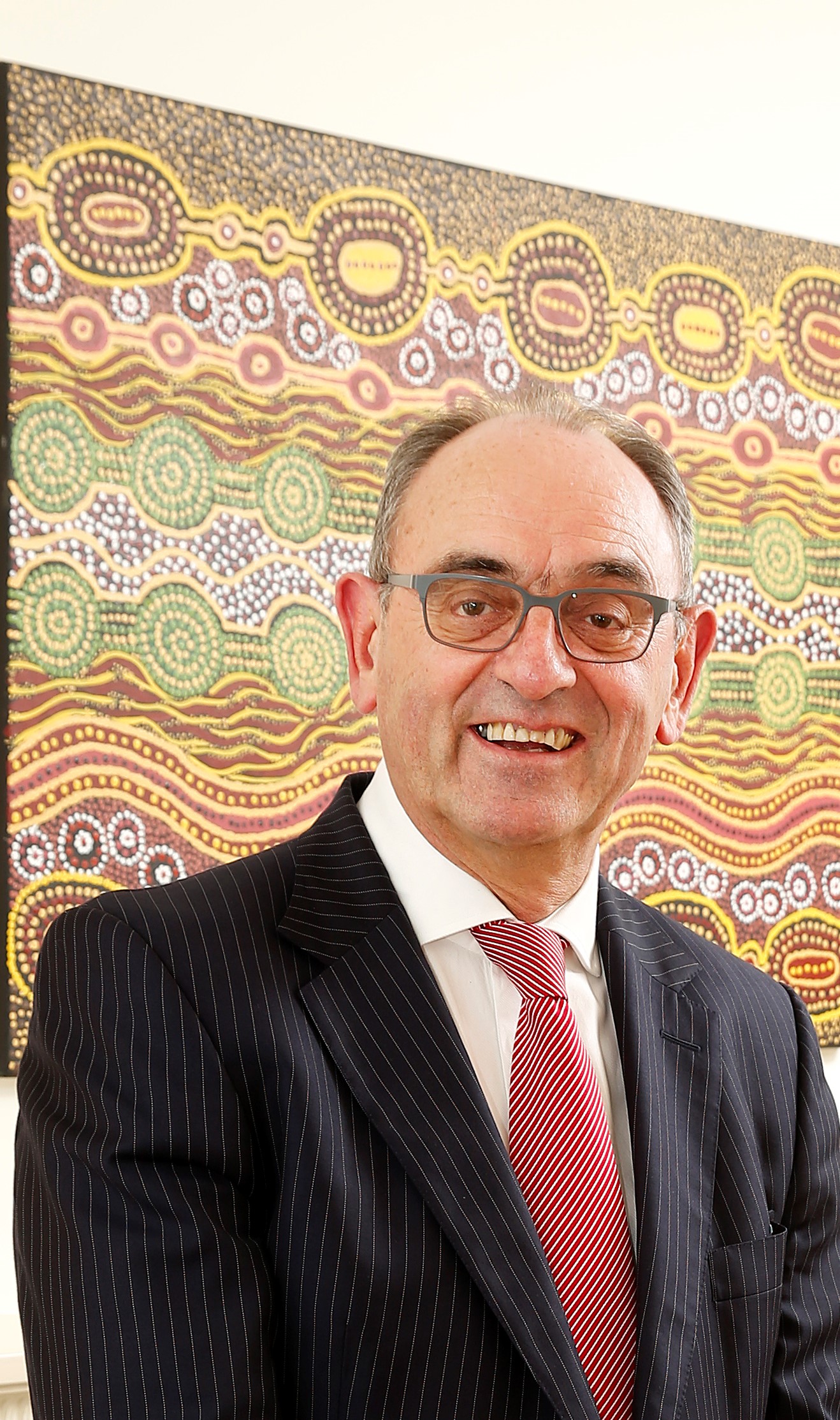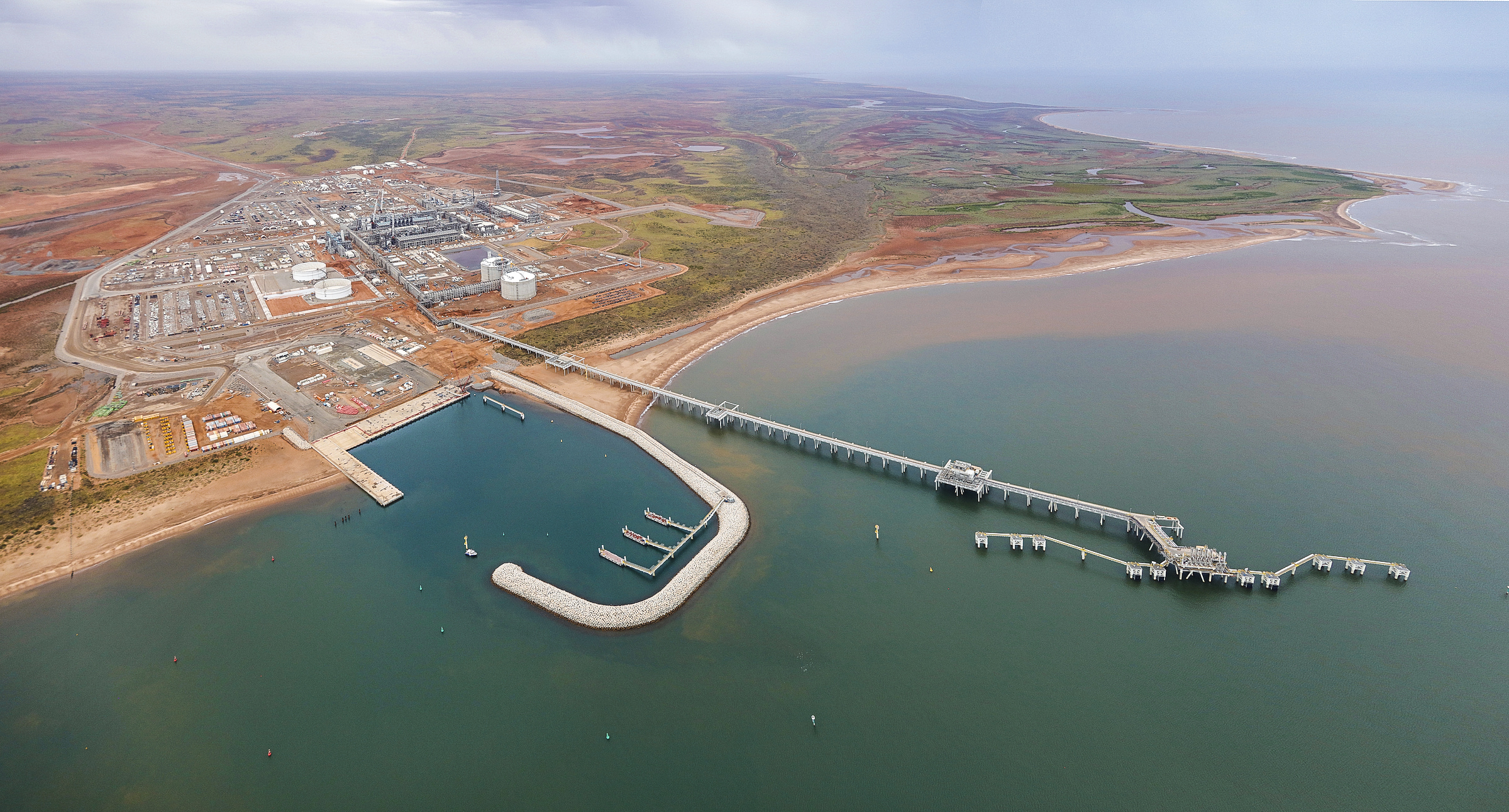South Africa’s first ever globally significant oil and discovery was announced by Total last week when the French supermajor revealed it had made a billion-barrel oil equivalent gas find in the Southern Outeniqua Basin.
The discovery is big enough to meet South Africa’s imported fuel needs for four years and is located 175km offshore in the Brulpadda Prospect, which is about 180km from South Africa’s gas-to-liquids plant at Mossel Bay on the Cape south coast.
The find is located in an 18,000km2 block which Total has been prospecting for some years, albeit having suspended exploration in 2014 as a result of deepwater difficulties compounded by big waves and nasty weather – which were only restarted in December.
Total has a 45% working interest in Block 11b/12B, which also counts Qatar Petroleum (25%), CNR International (20%) and Main Street of South Africa (10%), and has identified four additional prospects in the Paddavissie Fairway for follow-up exploration campaigns.
Dr Andrew Latham, vice president, global exploration at Wood Mackenzie, said: “Brulpadda was one of Total’s biggest exploration targets this year. The gas-condensate discovery continues the great start for Total’s 2019 exploration campaign, hard on the heels of the North Sea Glengorm find, announced (two weeks ago).
“Even though the well isn’t an oil discovery, if Brulpadda proves to be anywhere near as big as the estimates of up to 1 billion barrels of oil equivalent resources, it will still be a game-changer for South Africa.”
The Deepsea Stavanger was used to drill the prospect, estimated by Latham to be as much as three times the size of South Africa’s entire gas discoveries to date.
Jonathan Markham, Oil & Gas Analyst at GlobalData, said of the find and the industry in South Africa:
“Total’s announcement of the Brulpadda gas discovery off the southern coast of South Africa is a major boost for the country’s ailing oil and gas sector. Upstream production in South Africa has fallen by over half in the past decade and recent exploration has proven unsuccessful.
“However, despite the positive statements regarding the potential resource size of up to 1 billion barrels of oil equivalent in this discovery and the four nearby prospects, previous upstream projects in South Africa have been technically challenging to develop. The geology in the area is very complex and it is in a harsh deepwater environment. Projects such as Ikhwezi and Ibhubesi have undergone delays and reserve write-downs due to these difficulties.
“Offshore production of gas is supplied to the Mossel Bay GTL refinery, which is one of the primary revenue generators for PetroSA. Over the past few years it has struggled to source the necessary gas to continue operations and has been using more costly condensate imports. With existing gas sources declining rapidly, additional supply of around 200-300 million cubic feet per day (mmcfd) by the early 2020’s is required to continue operations at the refinery. Natural gas is also used in other synfuel plants manufacturing and power generation, although most of the gas turbine power plants, with total capacity for 300-350 mmcfd, are running on liquid fuels due to lack of gas supply.
“The Brulpadda discovery could have a similar impact on South Africa as the Zohr discovery did in Egypt. At the time of the Zohr discovery, Egypt was starting to plan for a future where the domestic gas production would not be enough to keep up with local demand for gas. Currently South Africa imports gas from Mozambique and plans have been suggested for up to three new LNG regasification facilities to allow more imports into the country. Compared to other nearby gas discoveries that face significant delays, such as the Kudu development in Namibia or the giant fields in Mozambique and Tanzania, Brulpadda would be able to tap into a pre-existing local market where the infrastructure and demand is already present.”




